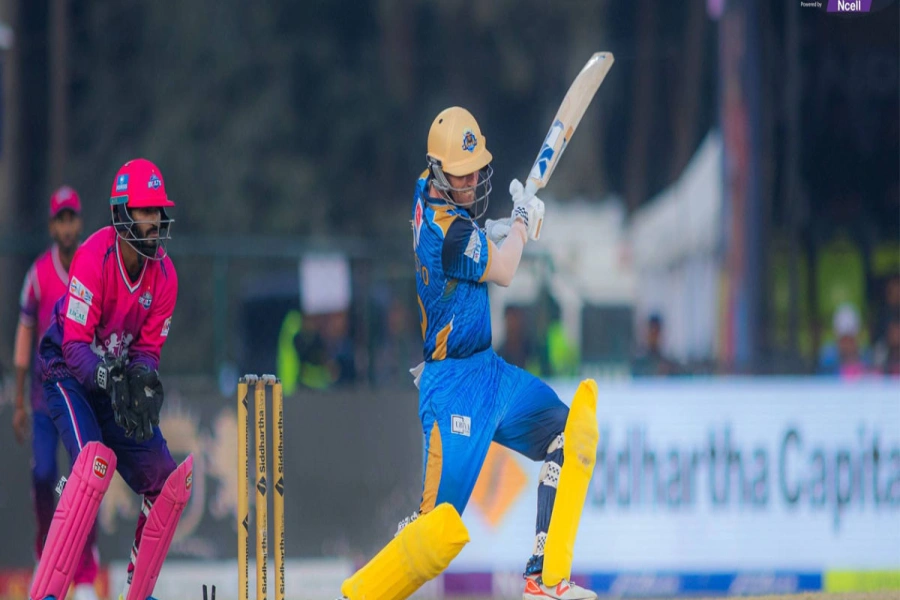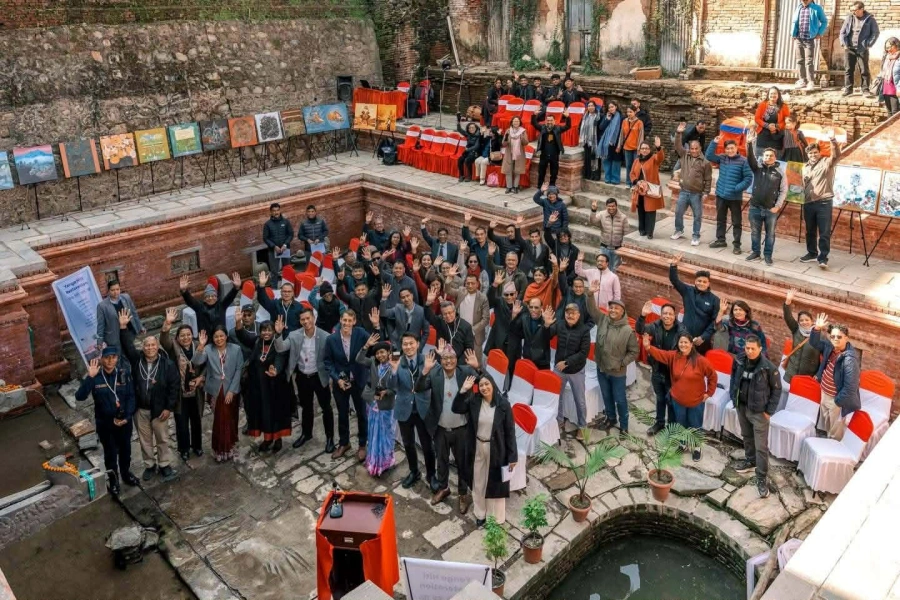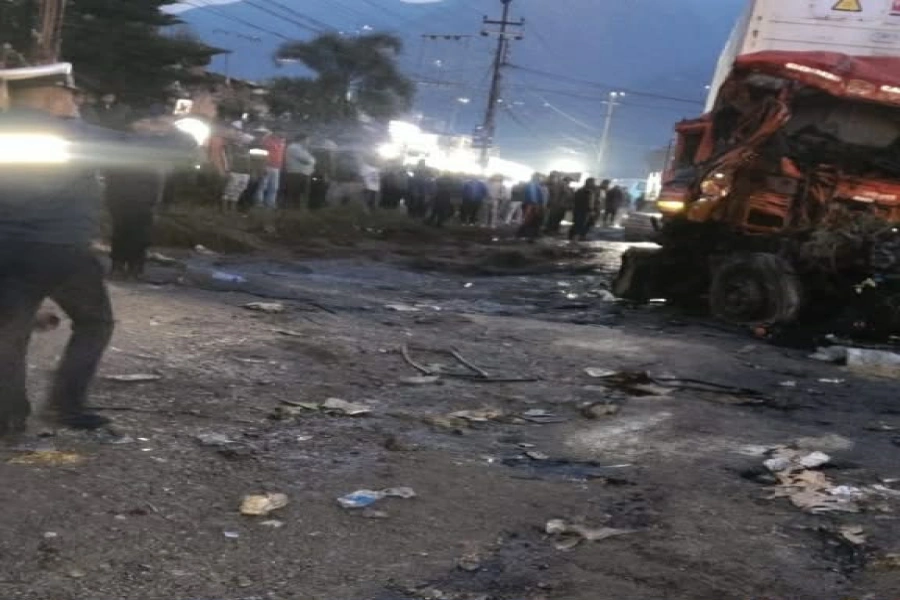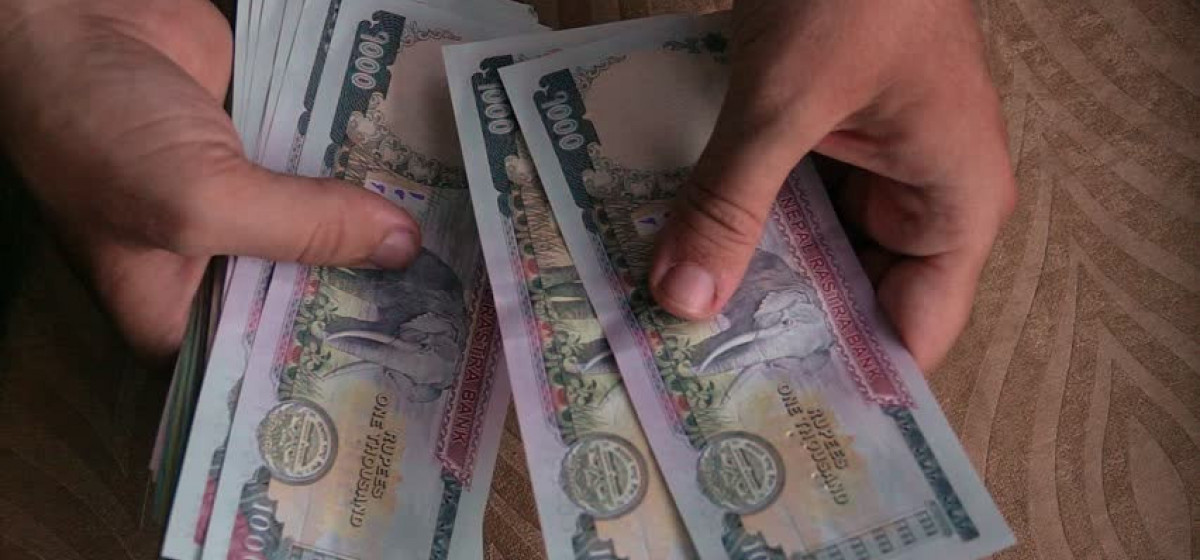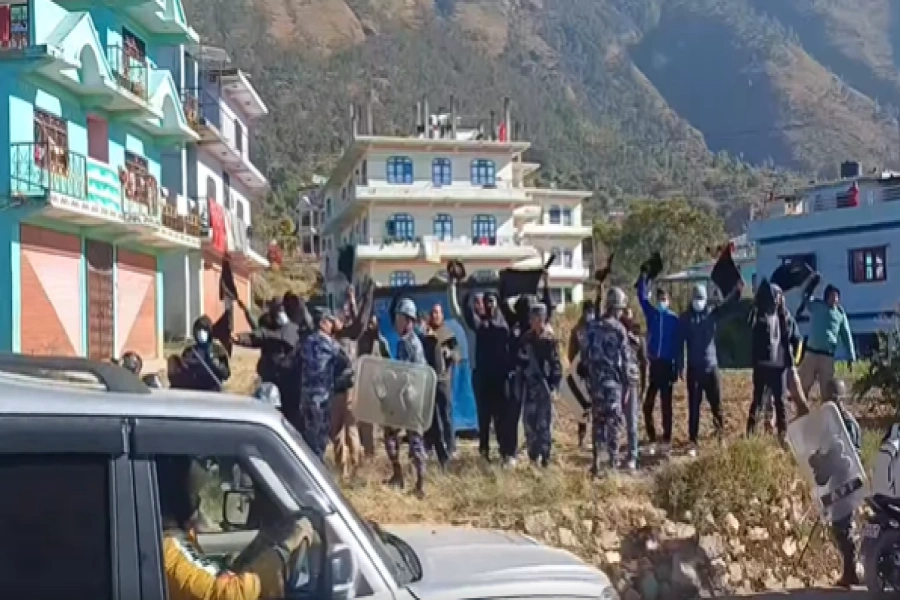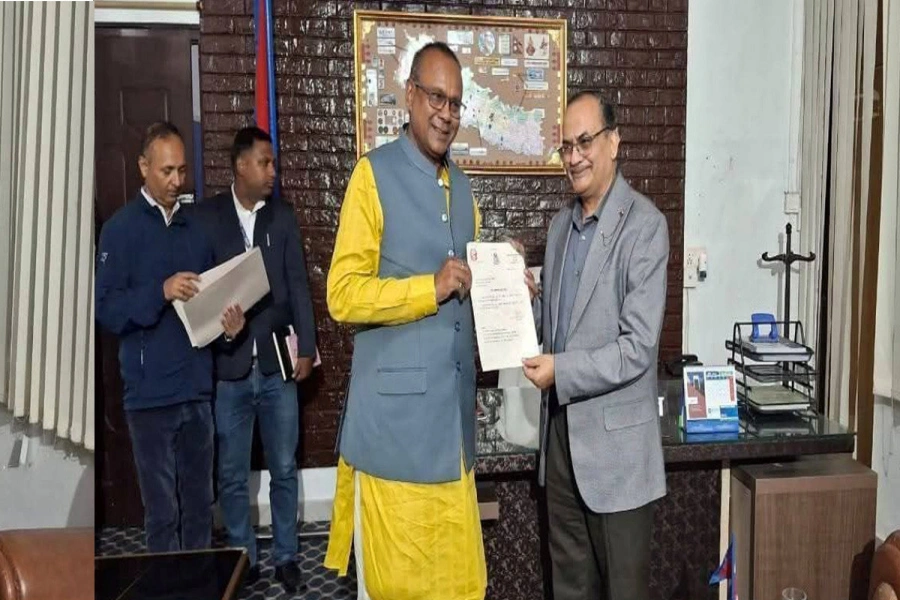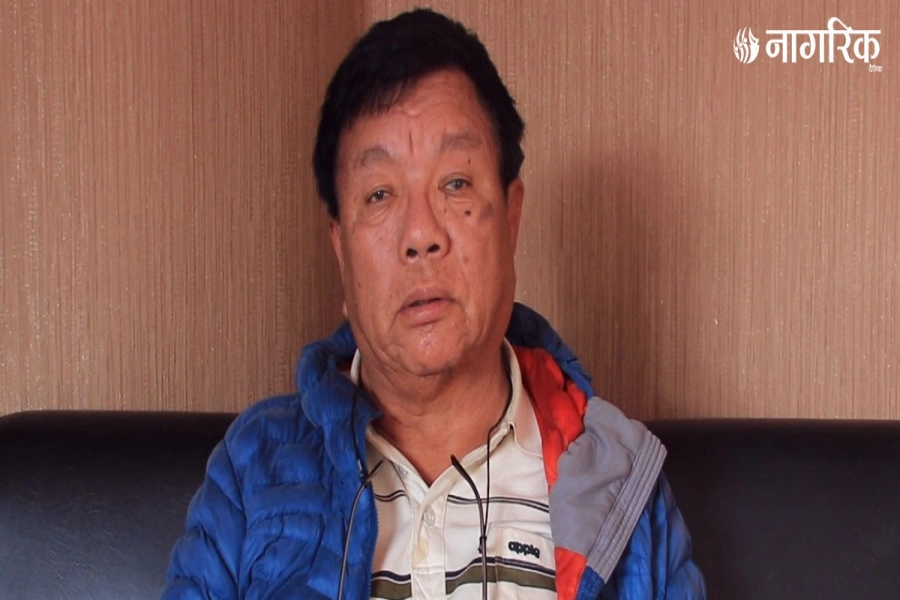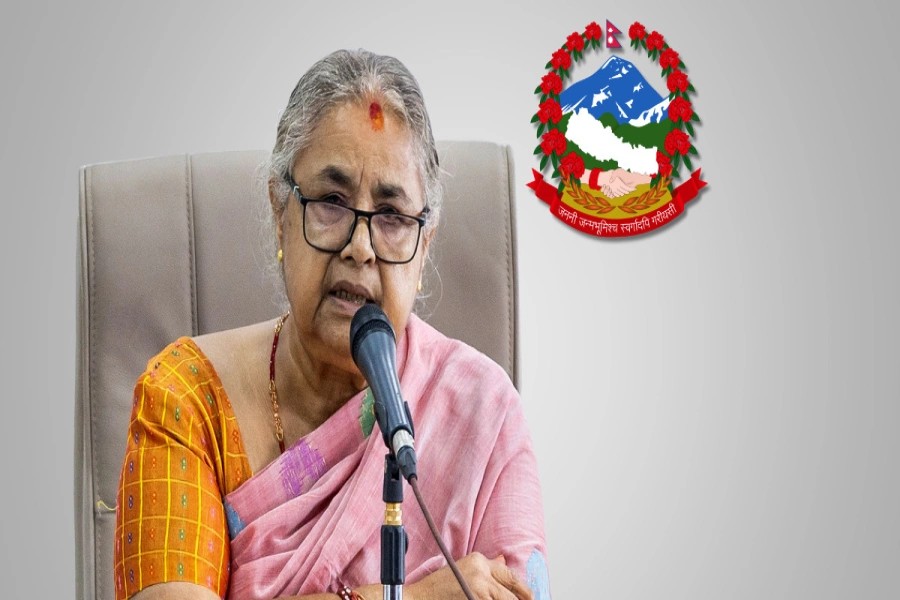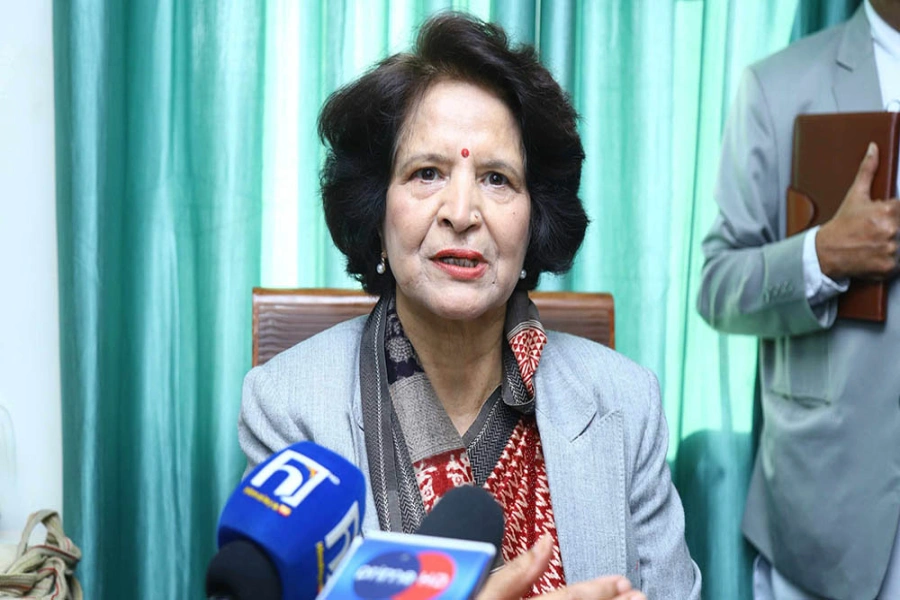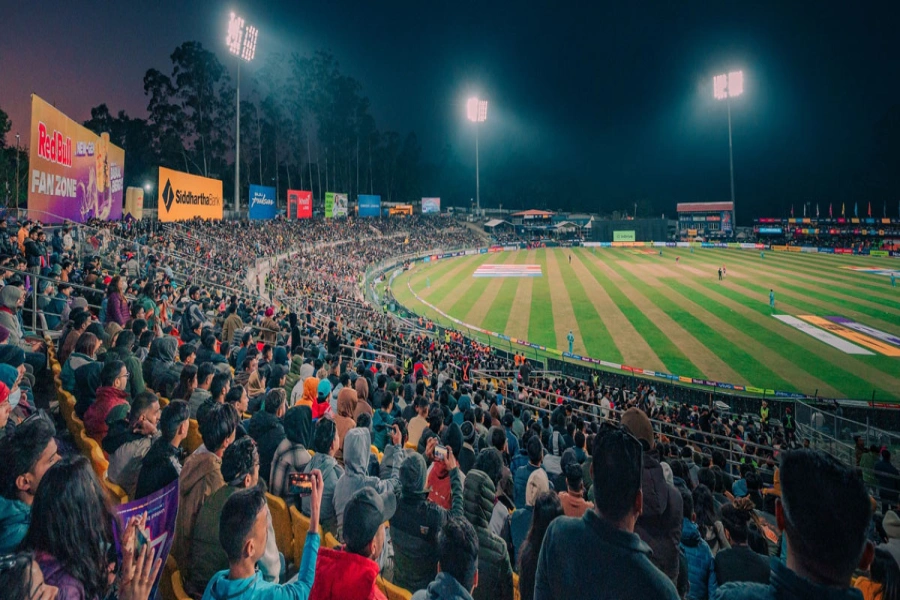KATHMANDU, Sept 20: A man who defrauded $1 million in America and came to Nepal has been convicted by the Special Court 15 years later on charges of money laundering. The Special Court found Pankaj Joshi, who returned to Nepal after scamming lottery money, guilty of money laundering charges.
A bench of Special Court Chairman Tek Narayan Kunwar, and members Tej Narayan Singh Rai and Ritendra Thapa, ruled that Joshi will be fined Rs 20.6 million and that the money in his account will be confiscated.
Pankaj Joshi, who went to the US from Nepal for studies, deceived a person who had won a $1 million lottery and took their money. He transferred the funds from JPMorgan Chase Bank in the US to the Bank of Kathmandu in Nepal. Shortly after, he sent the money to Nepal in phases and later returned to Nepal himself.
Shortly after Joshi returned to Nepal, the concerned American citizen realized that they had won the lottery and that Joshi had deceived them to steal the money. The person reported the matter to the police. US authorities also filed a fraud case against Joshi in America.
Lottery to determine candidate for foreign trip

After learning that the money obtained through the crime had been brought into Nepal, the US Department of Justice sent a letter to Nepal. Following an investigation, the Department of Money Laundering Investigation filed a case at the Special Court.
The Special Court explained that it is natural for a case to be filed against Pankaj Joshi, stating that individuals, whether inside or outside Nepal, can be investigated if they have acquired money through illegal means (money laundering).
The Special Court found Joshi guilty, stating that he had transferred money from the US to Nepal with the intent of hiding funds obtained from illegal sources. Despite knowing the money was earned through a crime, it was deposited into a Nepali account. The Special Court explained that as soon as money laundering takes place, it constitutes a criminal offense.
The decision states, “It appears that money laundering was conducted to hide the original crime and conceal the assets obtained from it. This is also a multifaceted financial crime.” The order further explains, “Since the original crime was concealed, after the offense of laundering occurs, it is irrelevant whether the individual committed the original crime or had the intent to do so.”
Pankaj, who returned to Nepal from the US, remained silent and did not contest the case against him. The Special Court raised questions about his silence, highlighting that even though he was in Nepal, he had the opportunity to respond to the case.
"The diplomatic relations between two countries should not be affected by the actions of one individual. However, such criminal activities can potentially harm the international image of countries like Nepal," the Special Court stated in its verdict. "Therefore, when individuals involved in such crimes are proven guilty, it is essential to hold them accountable in a court of law to uphold the rule of law," reads the verdict.
The Special Court decided to impose a fine of Rs 20.6 million on him without any prison sentence, and ordered the freezing of the funds in his bank account in Nepal.




